detail profile leo slezak
Peran Yang Di Mainkan Leo Slezak
 A musician is offered a job...
A musician is offered a job...Operette 1940
A musician is offered a job in Vienna as stage director, but his disagreements with the aristocratic opera manager end in abrupt firing in spite of a mutual attraction. He's quickly engaged by another theatre and becomes famous for his lavish stage productions and fine acting, which begins their golden age with Suppé and Strauss.
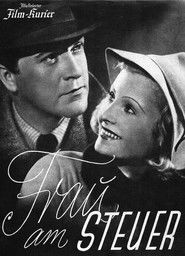 Maria Kelemen is a secretary in...
Maria Kelemen is a secretary in...Woman at the Wheel 1939
Maria Kelemen is a secretary in the office of a bank in Budapest. Her boss, director Borden, courts her, albeit she is engaged to Paul (about which she has remained silent). On the day of the wedding, Paul becomes unemployed and takes on the role of a house-husband. During a visit at Borden’s, Maria introduces Paul as her brother, which incites raging jealousy in the latter.
 Four graduates of an industrial design...
Four graduates of an industrial design...The Four Companions 1938
Four graduates of an industrial design school team up and form a small business. The protagonist is so excited by the venture that she turns down the proposal of her dashing instructor. Time passes and her three partners lose interest in the business for different reasons. This leaves the heroine who has a change of heart and decides to forgo the business and marry the instructor after all.
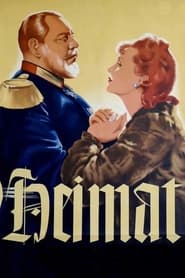 In 1885 famous New York Metropolitan Opera...
In 1885 famous New York Metropolitan Opera...Homeland 1938
In 1885, famous New York Metropolitan Opera singer Maddalena dall' Orto is scheduled to perform at a festival in the German residence of Ilmingen. It soon becomes obvious that she is non other than Magda von Schwartze, who left the town eight years ago against her father's wishes to become a singer.
 A series of stupid coincidences causes...
A series of stupid coincidences causes...A Mad Idea 1932
A series of stupid coincidences causes the young Munich painter Paul to convert his uncle's castle into a hotel for four weeks. But he can't complain: business is good and he has plenty of guests. For exmple, there's Theo Muller with his revue troupe. For reasons of "sound", Muller calls himself "Miller", which, of course, causes more confusion. His daughter, the beautiful Evelyn, is confused with Mabel Miller, who has come to the hotel on a mission for her filthy rich father ... namely, to estimate the worth of the castle.
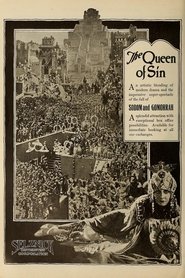 Exposed to bad influences since childhood...
Exposed to bad influences since childhood...Sodom and Gomorrah 1922
Exposed to bad influences since childhood, Mary, a young girl is pushed by her mother to approach an elderly banker by the name of Harber. After almost driving her fiancee to suicide and seducing his mentally-ill son, she realizes through a metaphorical dream the scope of her negligence. Sentenced to prison for incitement to murder Harber, she sees herself as a parallel figure to Lea, Lot's wife in Sodom, where the Angel of the Lord warns the sinful citizens of the city of their impending doom. Lea oppresses the angel and eventually turns it over to the pagan priests when her sexual advances to it are rejected. In another dream sequence, Mary becomes the Queen of Syria, whose oppressed people turn against her and who, in turn, condemns a young man who loves her to death. Finally, her dream returns to the present time and when she awakens, she runs back to her former lover.

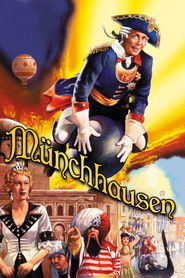 Legendary immortal nobleman Baron Munchausen regales...
Legendary immortal nobleman Baron Munchausen regales...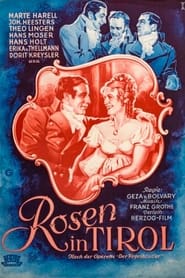
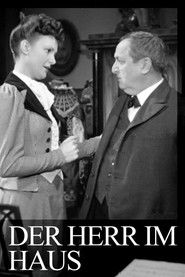
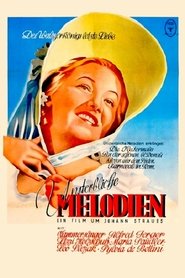 Vienna Austria late 1870s After suffering...
Vienna Austria late 1870s After suffering...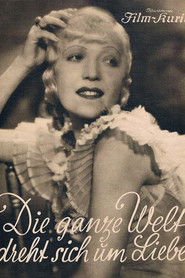 A Hungarian squire and his son...
A Hungarian squire and his son... Film by Thiele
Film by Thiele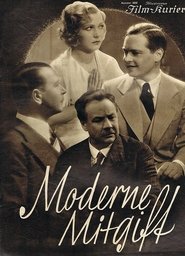 Dan Douglas is a typical Scottish...
Dan Douglas is a typical Scottish...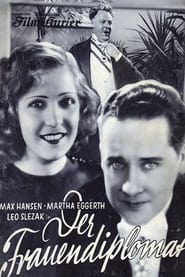 Diplomat Frst Windischberg is known for...
Diplomat Frst Windischberg is known for...